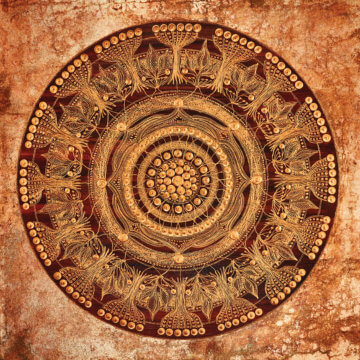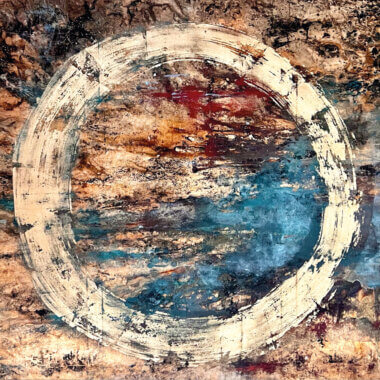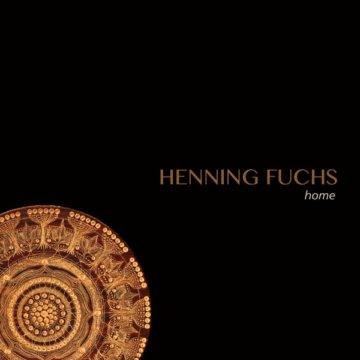Despite the clear dramaturgy, GAIA is not just the soundtrack of a story. The actual creation and development of the album, its recording process and all the collaborations associated with it are themselves symbolic of the themes of transformation, diversity and cooperation reflected in the evolution of the earth. " In the beginning I had a clear concept in mind, but it changed, like the earth itself. It has disintegrated and something new has emerged from it. It is always developing," says Henning. Giving the musicians space and freedom to get involved in the music also meant that the pieces grew and developed organically through their own logic: "The choice of musicians was really very important and it was crucial that they felt comfortable with what they were doing rather than just playing what I had written," says Henning, who brought together a number of well-known musicians and an impressive array of instruments from around the world for the project.
GAIA includes the Chinese musician Guo Gan with the Erhu and Zhonghu, the Spaniard Julián Olivares with flamenco guitar and Charango, the German David Kuckhermann with hand pans, Udu and other percussion instruments, the Icelandic violinist Elfa Run Kristinsdottir and the Bulgarian Voices Berlin Choir. "I wanted to bring together cultural elements from all over the world using down-to-earth elements and sounds."
GAIA is Henning Fuchs' attempt to capture the wild diversity and the constant urge for change of the earth acoustically. Both stylistically and instrumental, he has succeeded in writing world music in the truest sense of the word. For someone who has spent most of his career working on film music, it is not surprising to compose music of visual and cinematic quality. Like every atom, being and system in the earth itself, every track, every instrument and every arrangement pulsates before life.






